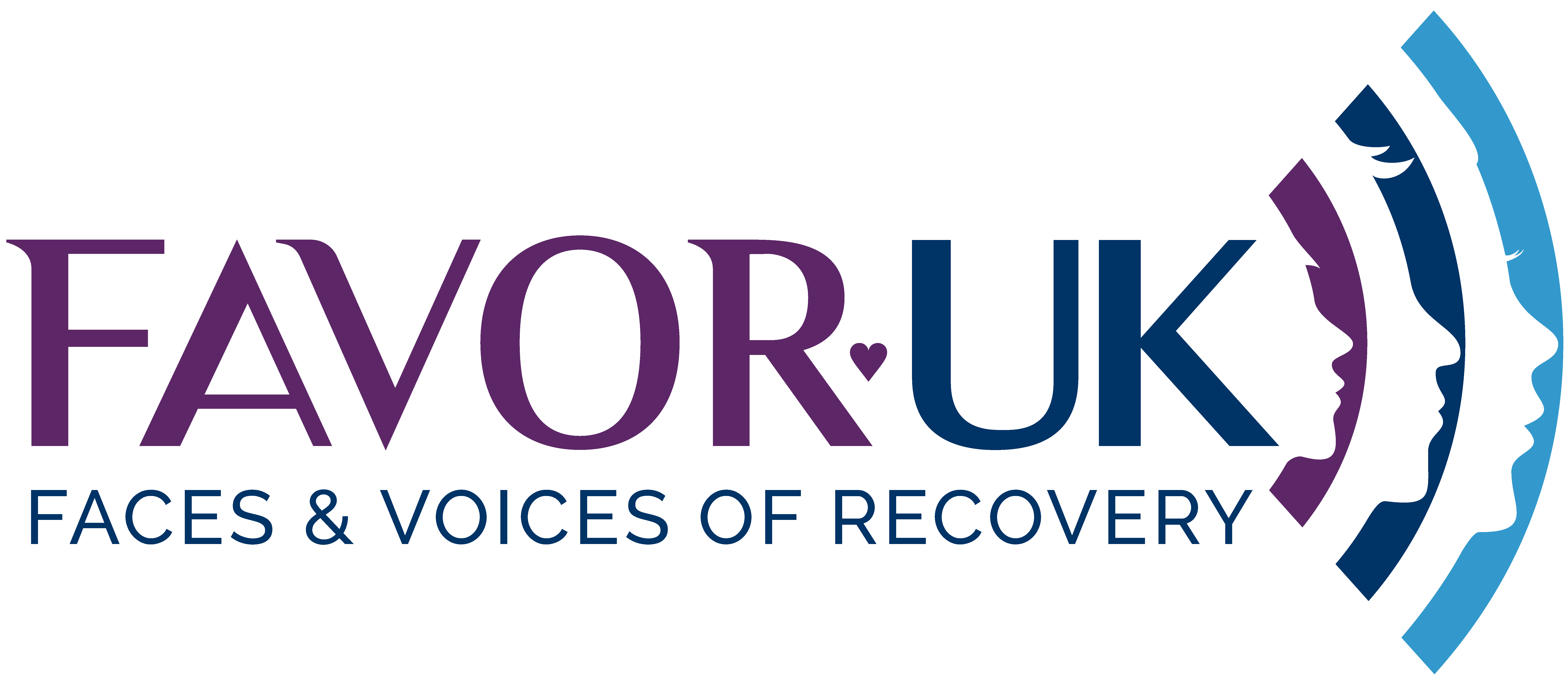The Right to Recovery (Scotland) Bill is an opportunity to wrest control of addiction policy from the unaccountable NGO’s and so called ‘experts’ who are responsible for Scotland’s tragic drug deaths crisis.
Dr Carlton Brick
School of Education & Social Science
University of the West of Scotland
(writing in a personal capacity)
Speaking on Bauer Radio in March all 3 SNP leadership candidates and prospective First Ministers, publicly announced that they would be willing to consider support for a piece of Conservative legislation on drug addiction recovery, currently being drafted to go before the Scottish Parliament. In an otherwise fractious leadership campaign, the candidates, previous Finance Secretary Kate Forbes, former minister Ash Reagan, and the then Health Secretary (now First Minister) Humza Yousef, all seemed to be united behind the idea that the Right to Addiction (Scotland) Bill might play a worthwhile role in combating Scotland’s drug deaths shame.
If passed the Bill could be a landmark piece of legislation, not only in Scotland but the UK more widely. Proposed by Scottish Conservative leader and MSP Douglas Ross, it seeks to make it a statutory right for addicted people to receive treatment for recovery.
However, forgive me for being a little sceptical of the candidate’s apparent support for the Tory piece of legislation. I cannot help but think that when the question was put to the three potential leaders live on radio that they were caught like nodding donkeys in the headlights. Because if passed into law the proposed legislation blows a huge hole in the Scottish Government’s current approach to addiction. Built on a premiss that harm reduction – managing the addicted persons use of drugs and providing safe places for them to consume – is far more preferable than the seemingly old fashioned and outdated expectation that treatment should actually encourage the people to recover and then abstain from their deadly habit, the SNP Government has totally forgone the idea that recovery should be a part of a drug treatment strategy.
The three candidates newfound support for a policy approach, that they in the recent past have wholeheartedly rejected, suggests that they don’t really know the core principles or consequences of the addiction policy that they have so far been responsible for. All too often policy is waved through on the nod, where voices that offer a different perspective than that of the quangos and experts, are more often shut out. Scotland’s current addiction tragedy is a telling symptom of this.
For the past 20 years Scotland has been gripped by a chronic drug addiction crisis. The country has the highest drugs death rate in Europe and is over three and a half times that for the rest of the UK. In 2021, there were 1,330 drug-related deaths registered in Scotland. Drug deaths have on the whole increased substantially over the last 20 years with almost 5 times as many deaths in 2020 compared with 2000.
To put both the scale and nature of Scotland’s current drug deaths crisis in a wider context, Scotland’s opioid deaths per 100, 000 of its population stands at around 33.6. The United States rate is 20.6. 89 % of drug deaths in Scotland involve opioid abuse. This includes drugs like codeine, morphine, tramadol, heroin and of course methadone. America’s opioid crisis pales compared to the extent of the opioid crisis in Scotland, which in 2018 was more than double the rate in the United States. Methadone accounts for almost 50% of all Scotland’s drug related deaths and have almost tripled since 2015. This is more than double the rate of the United States. Methadone is the drug prescribed by the Scottish Government in an attempt to manage addiction to harmful and illicit substances.
For a Bill to be heard by the Scottish Parliament it must first be introduced as a consultation. In order to go forwarded as a Members Bill the consolation requires at least 18 MSPs from different political parties to support it.
Despite being supported by a number of local community-based & national addiction charities, such as FAVOR UK, no SNP, Green, Liberal Democrats or independent MSPs supported the original Right to Addiction Recovery (Scotland) Bill consultation, introduced by Douglas Ross in June 2021. Initial support came from 29 Conservative MSPs and 3 Labour MSPs. However, these 32 votes in support does mean it can now go forward as a Members Bill to be discussed with a view to making it a law.
That no SNP MSPs offered any support for the Bills initial consultation is more than just anti-Tory prejudice. No SNP MSPs voted to support the Bills consultation because, if passed into law it incompletely undermines current government policy on addiction and the industry of ‘experts’ that tell them what to do.
The Bill was not supported by Scotland’s leading drug addiction quango, the Scottish Drugs Forum (SDF). The SDF is the organisation that currently drives government policy on addiction in Scotland. In a statement issued on 13 January 2022 they argued that they were unable to support the proposals “because they will result in unintended consequences which are detrimental to improvement in Scotland’s treatment system for people with problem substance use and the delivery of the National Mission.”
Notably their key objection is the focus the Bill places upon recovery, which they suggest reflect wider misconceptions “based in a false premise about the aims of treatment” “narrowly focussed recovery” and “about abstinence rather than quality of life”. They go on to say that there is now widespread ‘expert’ acceptance that the expectation that recovery should be the outcome of treatment is foolhardy and misplaced, and as such any policy strategy must reject the idea that recovery is worthwhile.
https://www.sdf.org.uk/members-bill-response/
This is also the position held by the Scottish Drug Deaths Task Force (SDDTF), established in July 2019 by the Nicola Sturgeon to look into the drug deaths crisis. According to the SDDTF the idea that an addict should actually try and get over their dependence on a drug that will eventually kill them, is a form of discrimination on a par with sexism and racism. In July 2020 the SDDTF issued a report stating that as long as social attitudes towards addiction are shaped by the expectation that users should actually recover, Scotland will continue to “perpetuate and sustain the stigmatisation of” substance abusers.
The Task Force argue that the stigma faced by addicted people is ‘contagious’ and a seemingly bigger problem than their addiction in the first place. They argue that this problem is ‘aggravated by the common perception among service staff and others that abstinence is the purpose of treatment’. This has they continue has created a vicious circle driven by stigma which is a key driver of drug related deaths in Scotland.
There is evidence that clearly suggests that harm minimization strategies do indeed reduce the addicted persons exposure to harm – as defined as interventions that encourage ‘safe’ consumption and drug use. But harm reduction is far less successful in treating the more pressing harms faced by being addicted. As the case in Scotland clearly evidences, a policy predicated solely upon ‘safely’ maintaining a patient’s use of drugs without addressing the principal problem of their addiction itself means very little if the end result is premature death. Current Scottish drug policy represents a complete abdication of both moral and social responsibility on the part of government, policy makers and the wider political community in Scotland.
I am sceptical of the SNPs apparent Pauline conversion. Sections of Scotland’s political elite have become enamoured by a drug policy that opposes recovery. This anti-recovery ideology is feed to them by unaccountable quangos and experts. However, if the new First Minister Yousef, and his new junior minister with responsibility for policy on drugs, Elena Whitman are serious about drug addiction in Scotland, they would do well to begin by challenging the policy dominance of quangos like the Sottish Drugs Forum and facilitate an approach to policy that allows community-based addiction services, and independent advocates such as FAVOR Scotland, an all-important voice. Otherwise, we can expect more of the same – drug deaths, misery and sanctimonious hand ringing by an elite who seemingly know little of the approach to drug addiction they are actually responsible for.

